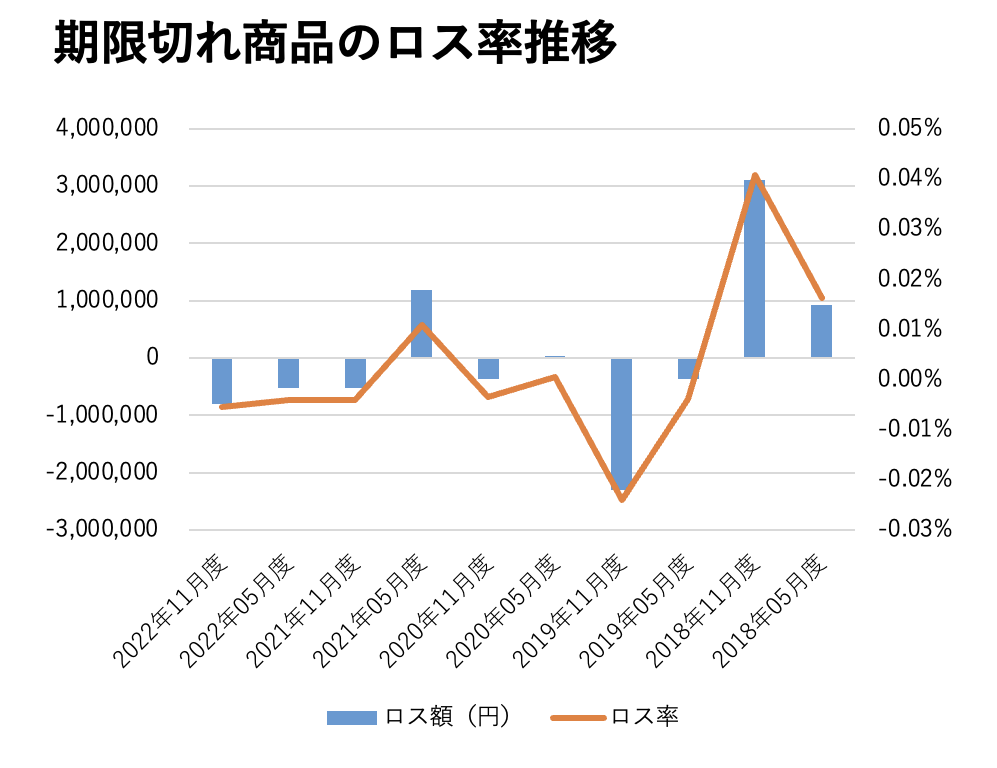- The Ministry of the Environment advocates a sound material-cycle lifestyle as "Re-Style" based on the national basic plan for promoting the formation of a sound material-cycle society. In the consumer campaign that is being carried out as part of this, the Japan Chain Drugstore Association (JACDS), to which we belong, participates in support as a support organization.
- The Tsuruha Group recognizes its social responsibility as a drugstore company that handles many essentials in daily life and as a provider of medical services that protect local health through the dispensing pharmacy business, and aims to realize a sound-cycle society. We are promoting efforts to address issues.
Charge for plastic shopping bags and handling of biomass-containing plastic shopping bags
In addition to reducing CO2 emissions, in order to protect petroleum resources and solve the problem of marine plastic waste, we will change to plastic shopping bags containing 30% green (bio) polyethylene and charge for plastic shopping bags from July 2020. I did it.
With the cooperation of our customers, such as bringing eco-bags and declining plastic shopping bags, the actual number of plastic shopping bags provided to customers at Tsuruha Group stores in the one year from July 2020 was 74 million, the previous year. We were able to reduce the number of plastic shopping bags by about 340 million. As a result of this initiative, the amount of CO2 emissions that we have been able to reduce at our Group stores is approximately 20,740 tons* in one year.
* When incinerating using 10g of one plastic shopping bag once, the CO2 emission amount during manufacturing is 30g and the CO2 emission amount when incinerating is 31g, which is a total of 61g of CO2 emissions. (Energy Conservation Center HP)

Food loss (1/3 rule)
In food distribution, there is a business practice called the "one-third rule" that requires products to be delivered to stores before one-third of the period from the manufacturing date to the expiration date has elapsed. In an effort to reduce food loss throughout the supply chain, the Tsuruha Group has standardized delivery standards that allow up to half of this elapsed time in some categories, such as beverages and instant noodles. In addition, we are working to further reduce losses by disseminating knowledge across the group, such as criteria for deciding whether to sell products or give discounts based on data such as loss rates for each SKU.

Reduction of disposal of dispensing medicines
Tsuruha Group's dispensing pharmacies use a common IT system to understand the inventory status of each drug at each pharmacy, and to control inventory between stores. This system not only improves operational efficiency, but also reduces the amount of medical drugs thrown away due to expiration. Although the number of stores has increased every year since fiscal 2020, we have been able to maintain a certain level of loss rate.